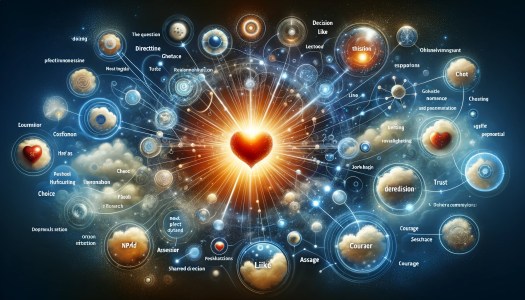Communication and Behaviour Model
Our communication with others and ourselves is the basis of behavioural change. When an external event occurs, like some one talking in your presentation at work, we create the event’s Internal Representation (I/R). Our perspective of what happened is processed through internal filters, we then experience an emotional state (created off that I/R) which affects our physiology and behavior. Once we realise that we are in control of how we process our I/Rs, we are capable of changing our states.
We use a combination of sounds, internal pictures, self talk and feelings to create our states. Our 5 senses process the external events in the following way:
* Auditory – voices or sounds – externally or heard internally (self talk)
* Gustatory – flavors
* Kinesthetic – touch/sensation and emotions
* Olfactory – scents
* Visual – vision and envision – what we see externally and what we picture in our minds
Along with our senses, we also process information with our internal filters. These are comprised of language, values and beliefs, decisions, memories and meta-programs.
* Language – words we hear are processed into pictures
* Values and beliefs – how we judge actions as right or wrong and what we decide is true
* Decisions – what we choose to believe
* Memories – I/Rs from past events
* Meta-programs – how we typically react to similar situations
These are the filters that process external events.
Our minds will also delete, distort, and generalise the information which explains how several people can witness one event and yet each will have a different account of what actually happened.
* Delete – If we were to recall every detail of everything we ever saw, heard, tasted, touched and smelled we would go insane. Our brain filters for what is important and deletes extraneous information.
* Distort – Placing a meaning to an external event that may not be related to the event at all. For example, thinking someone is angry because they have crossed their arms, when in fact they are just cold.
* Generalise – When we assign past experience outcomes to future experiences. Although this works well when learning, it can also work against us as it can create assumptions and stereo-types.








Leave a Reply